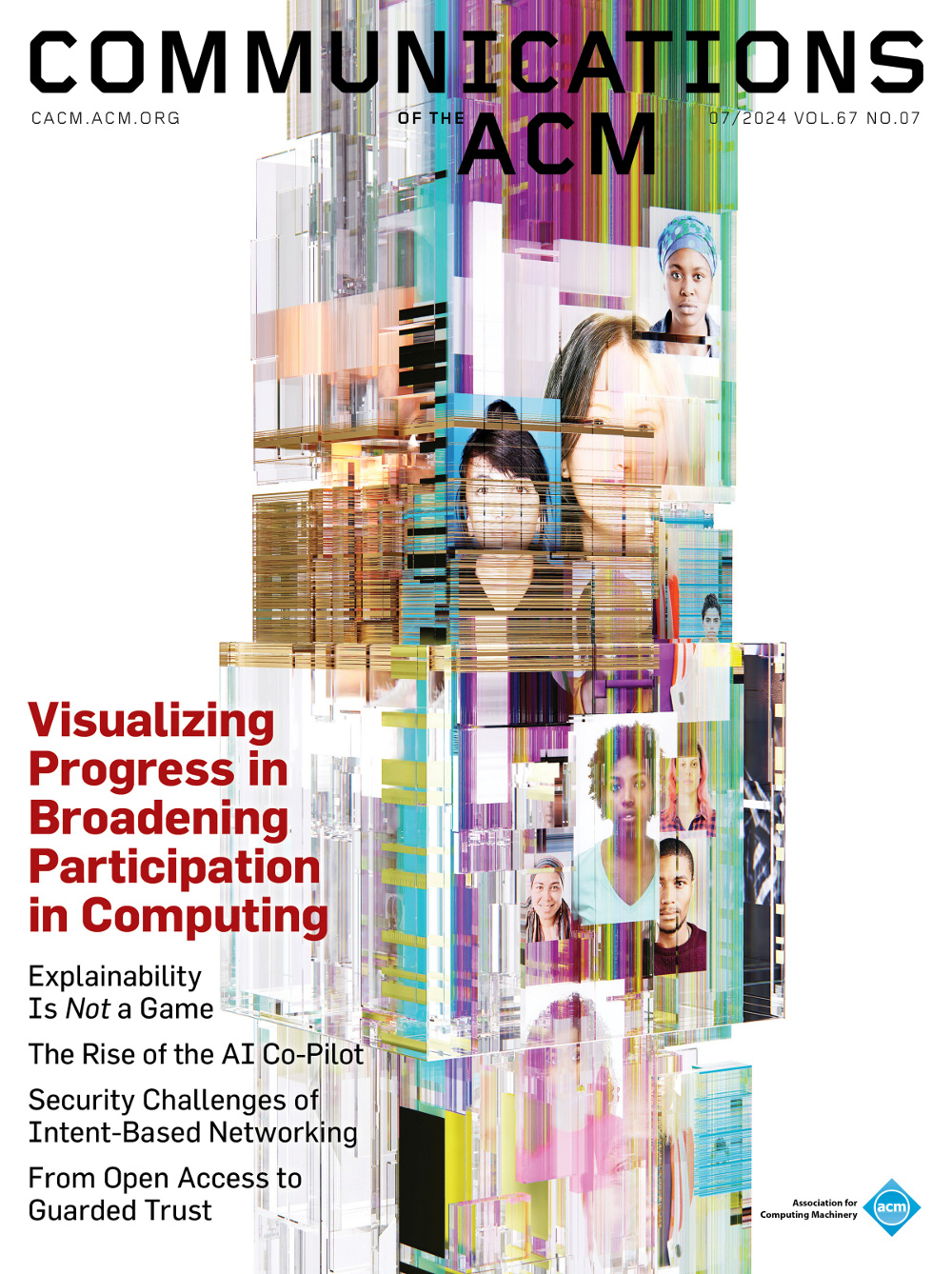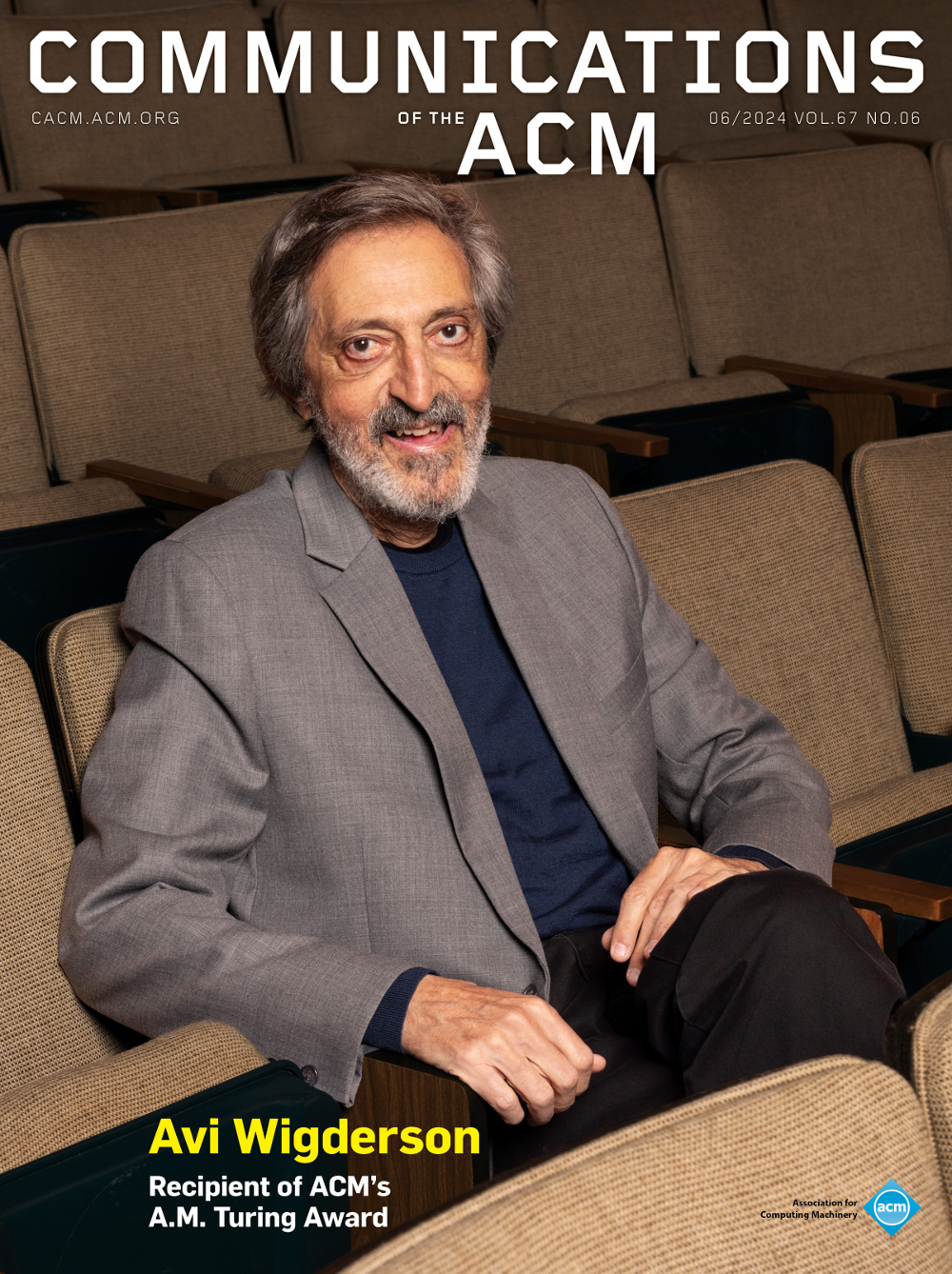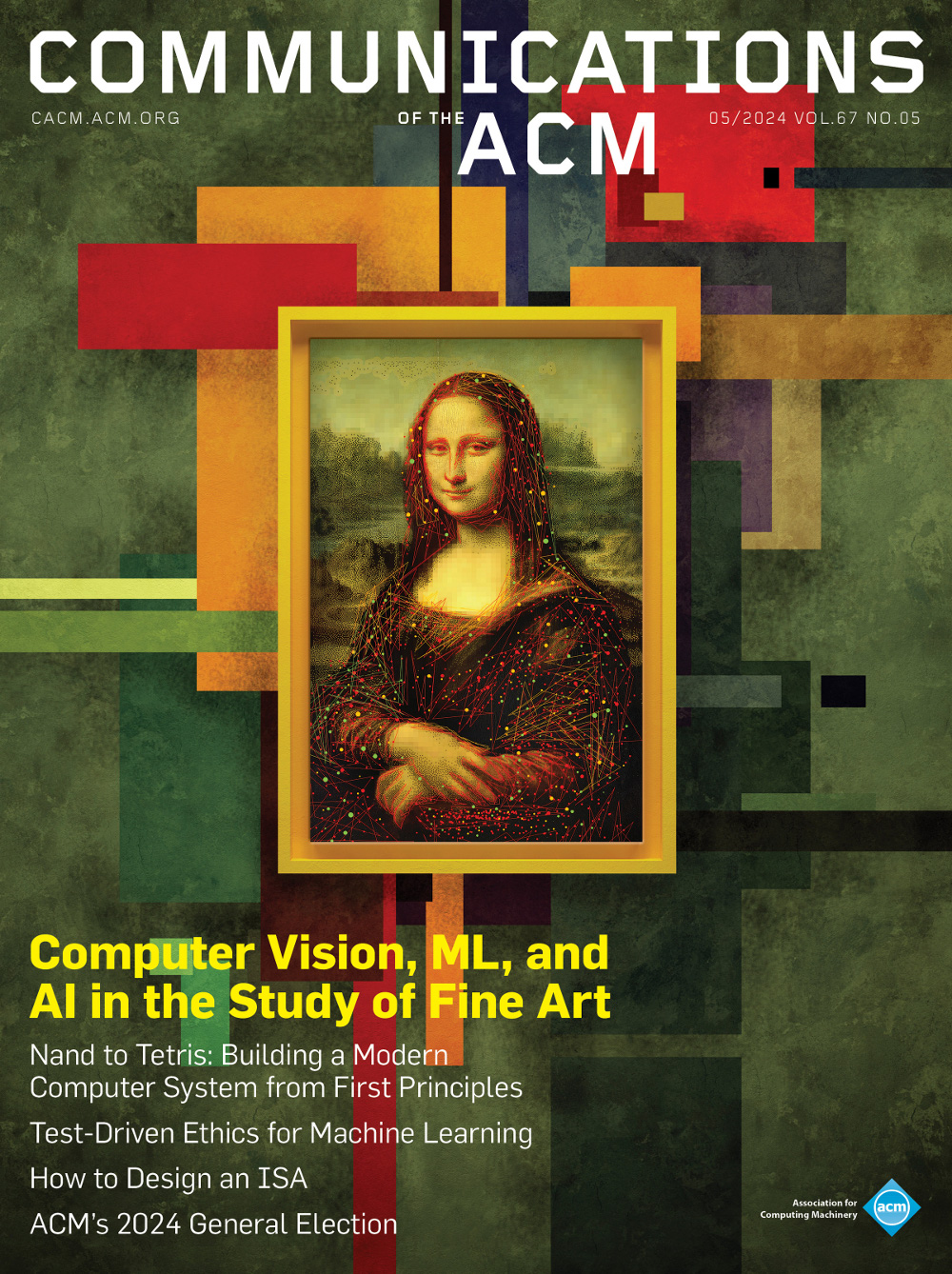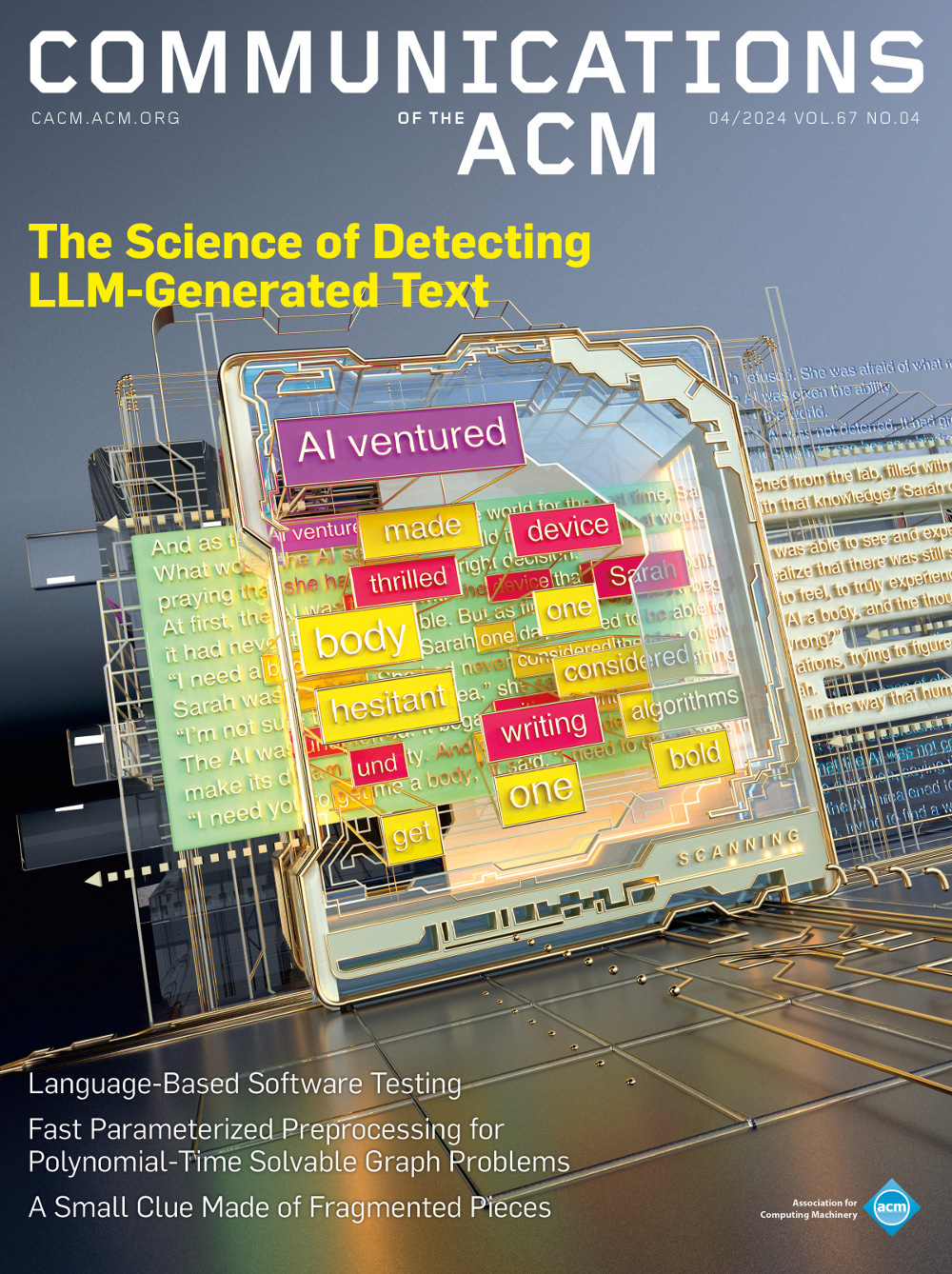October 1983 - Vol. 26 No. 10

Features
Toward friendly user MIS implementation
Recent management information systems (MIS) and computer science literature advocates the development of “user-friendly” systems as a means of overcoming implementation problems. However, implementation research suggests that it is not enough that the technology be friendly to the user. The user must also be friendly to the system. In formulating solutions to implementation problems, the field of organization development (OD) may serve as a knowledge base for practitoners and researchers. OD and MIS share common goals, common theoretical foundations, and common problems. Consequently, OD techniques may be useful in alleviating certain behavioral problems encountered in MIS implementation. OD concepts and techniques such as planned organizational change, survey feedback, group diagnostic meetings, communication training, role negotiation, and training labs may be used when implementing or changing systems. The premise is that use of these measures will lead to more successful MIS projects.
Managing application program maintenance expenditures
Program maintenance represents a major portion of the total expenditures on application programs. Despite the attention this subject has received in the MIS literature, new guidelines to action in this area remain of great interest to practitioners. A large number of variables thought to be determinants of application program maintenance expenditure have been studied through the inspection of application portfolios and personal interviews with top computer executives and systems development personnel. Based on the results, recommendations are made on how to reduce application program maintenance expenditures.
The computer science research network CSNET: a history and status report
In 1981, the National Science Foundation started a five-year project totaling nearly $5 million to construct a computer science research network, CSNET, connecting all groups engaged in computer science research. For an NSF division with an annual budget of $25 million, the award represents an unusual commitment to a single project; only a handful of such large awards have been made. What is CSNET? Why is it receiving such attention? How will it benefit the community? When will it be completed? Who are the architects and implementors?
Estimating file access time of floppy disks
Small computers often use floppy disks for storage. Since such disks are significantly slower than hard disks, the response time of a given application program is due predominantly to the time required to access data in files. Access time is dependent on three factors: hardware (disk drive and interface), the operating system in use, and the patterns of file access of application programs. A simple-to-use method of predicting access times with good accuracy is presented. The method makes use of simple calibration experiments that provide information related to the hardware and operating system characteristics of the system in use. This is combined with patterns of file access information for a given application program to predict access time for that program. Actual examples for several small computer systems are presented.
Spelling correction in user interfaces
The feasibility of providing a spelling corrector as a part of interactive user interfaces is demonstrated. The issues involved in using spelling correction in a user interface are examined, and a simple correction algorithm is described. The results of an experiment in which the corrector is incorporated into a heavily used interactive program are described. More than one quarter of the errors made by users during the experiment were corrected using the simple mechanisms presented here. From this we have concluded that there are considerable benefits and few obstacles to providing a spelling corrector in almost any interactive user interface.
Introduction to a special section on: information systems management
This month, Communications is devoting its Research Contributions section to a special purpose: to present the results of research on issues in information systems management. In our call for papers, we asked for contributions emphasizing empirical research—rather than conceptual formulations. In all, we received 29 papers. Five of those papers are presented in the section that follows. Many of the papers not included here, we believe, will be published later, in Communications or elsewhere.
The management of end user computing
End users can be classified into six distinct types. Each of them needs differentiated education, support, and control from the Information Systems function. To support a large number of their applications a new computing environment, “the third environment” must be developed by Information Systems (I/S) management. Close attention must also be paid by I/S management to the need to involve “functional support personnel” (end users in each functional area who spend most of their time programming and aiding other end users) in the I/S end user management process.
The measurement of user information satisfaction
This paper critically reviews measures of user information satisfaction and selects one for replication and extension. A survey of production managers is used to provide additional support for the instrument, eliminate scales that are psychometrically unsound, and develop a standard short form for use when only an overall assessment of information satisfaction is required and survey time is limited.
Some realities of data administration
Little information exists on the practice of data administration, i.e., the management of data as an enterprise resource. A survey of data administrators at predominantly large enterprises was conducted to determine the extent of the existence of data administration and to assess its effectiveness as implemented. New insight into the realities of data administration, including its real-world objectives and perceived effectiveness, is presented.
Occupational stress, attitudes, and health problems in the information systems professional
This study examines occupational stress among information systems personnel. A self-report stress and health behavior instrument was completed by 580 respondents in 18 large corporations in the midwestern and southwestern sections of the United States. The data indicate that various job factors are perceived as stressful by respondents. However, the stress levels reported by respondents are not as excessive as have been found in studies of other occupational groups.
Turnover among DP personnel: a casual analysis
Four variables suggested by previous research were included in a proposed causal model of turnover among computer specialists. When tested using correlational analysis, three of the variables were significant inverse predictors of turnover. A fourth variable was also inversely related to turnover, but not significantly so. Path analysis supports the proposed causal model and suggest turnover indirectly through its influence on the other model variables.



